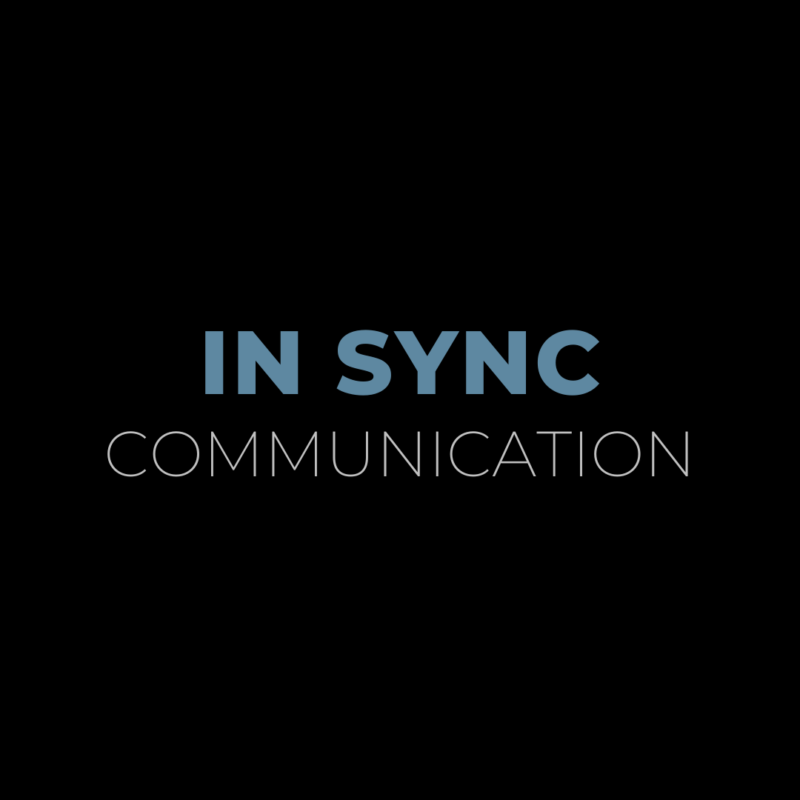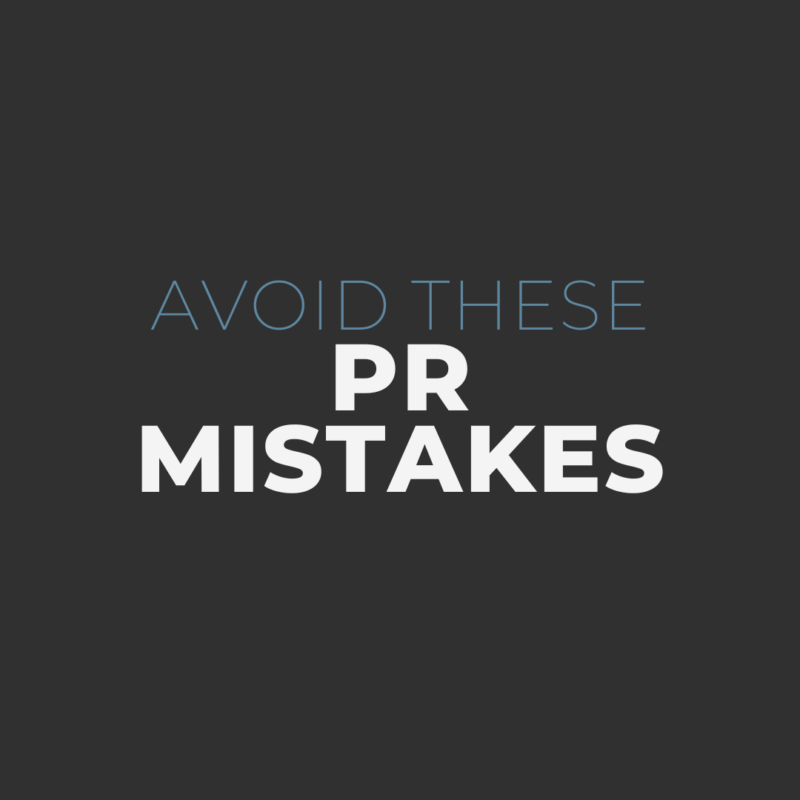A year of account oversight: what I’ve learned
Experts say that the first years of life are critical to a child’s development. I think you could say the same about a person’s career ‒ the habits formed and lessons learned during the first few years of one’s career will chart the path for their future success.
I just celebrated my fourth anniversary with Obsidian, and in those four years, I feel I’ve grown tremendously as a person and a professional. I celebrated major life milestones – getting married, adopting a dog, buying a home – and simultaneously added some workplace achievements to my belt. And while the growing wasn’t always easy, I can wholeheartedly say that I’m a better PR professional today than I was the day I walked through our double doors in 2016.
In the last year, I officially transitioned into the lead role on all of my accounts. Through this process, I have shifted into a new stage of learning – navigating not only tactical PR work, but team and client management. It’s like going from T-ball to fast pitch in the blink of an eye. Luckily, I have talented directors who have served as excellent mentors. But even still, there are lessons you have to learn on your own, the hard way. Here are a few things I’ve gathered in the first year of account oversight.
- Preparation is critical, but so is thinking on your feet.
When you lead accounts, the off-the-cuff client calls start coming to your phone. Sometimes, these calls include ideas or topics you haven’t yet discussed. When you have scheduled calls, it’s critical to be prepared, but it’s also important to think on your feet when your client has a one-off need. If you can provide spot-on counsel in the moment, it can endear clients to you. Caveat – if you don’t have an answer at the moment, it is better to say that you’re unsure and want to get back to them with a more solid recommendation.
- Overpromising only hurts you.
Giving overambitious, unnecessarily short deadlines isn’t a good way to impress your clients – it’s the easiest way to cause undue stress and additional work to your docket. Rather than committing to tight turnarounds (unless it’s a crisis or is truly needed quickly), practice setting realistic deadlines. If clients push back, offer justification for the timeline and explain that you want to deliver the best product possible. No matter what, if you set a due date, be prepared to execute.
- The best thing you can do for others is give them an opportunity to succeed.
When leading people, I think the best thing you can do is give people the opportunity to succeed. To me, this looks like preparing a partner well, helping them through the process and giving them credit when the client is pleased with the work. Yes, you work as a team, but I think it builds confidence in your team as a whole when a client knows that each member of the group can deliver high-quality work. It also feels good when your lead gives you credit for the project you worked diligently on.
- No one expects perfection, so don’t expect it of yourself.
I expect to work like Miranda Priestly, cook like Julia Childs and act like Meryl Streep (get what I did there?). In all seriousness, I have ridiculously high expectations for myself. But I forget things. I notoriously put commas in the wrong places. It took me three years to engrave the second “m” in “programming” into my mind. It is good to strive toward perfection in the final product, but you have to give yourself grace as a professional and as a leader.


